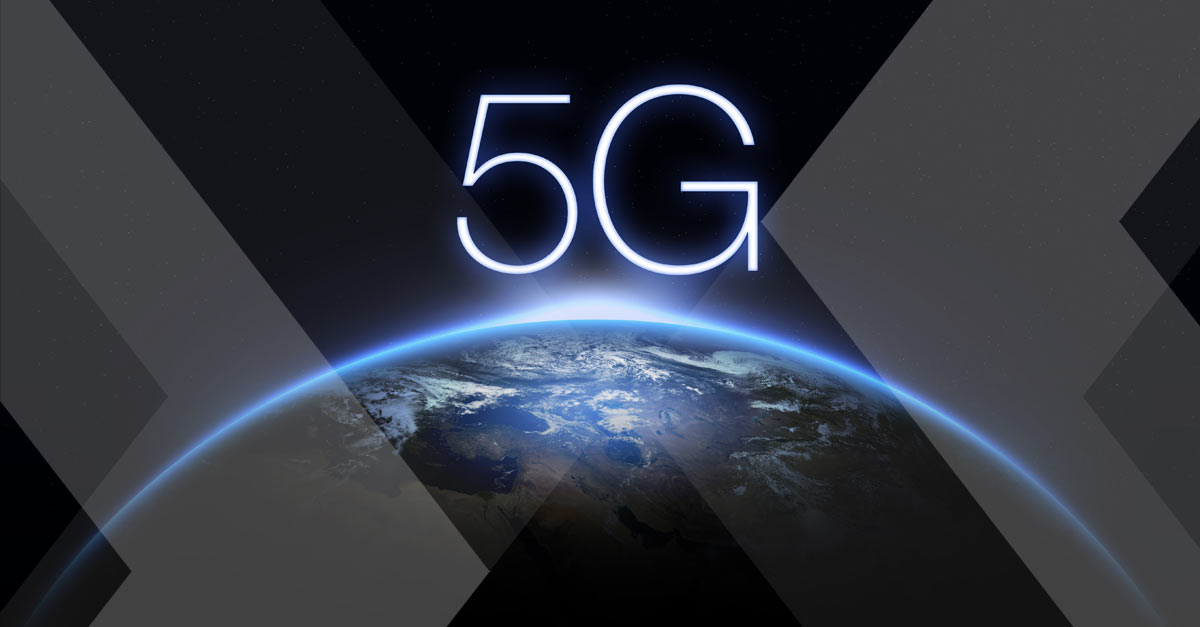Pulse of Information
Your source for the latest insights and updates.
5G: Your Internet's New Workout Routine
Discover how 5G transforms your internet experience and boosts your online performance like never before! Join the revolution now!
How 5G Improves Your Internet Speed: The Science Behind the Signal
5G technology represents a significant leap forward in mobile communication, primarily by utilizing higher-frequency bands and advanced technological methods, which together enhance internet speed remarkably. Unlike its predecessor, 4G, which mainly operates on frequencies below 3 GHz, 5G efficiently uses frequencies up to 100 GHz. This difference allows for increased bandwidth, resulting in faster data transfer rates. The underlying science of 5G involves a technique known as millimeter wave (mmWave) communication, which can transmit data over shorter distances with minimal delays.
Moreover, 5G employs technologies such as MIMO (Multiple Input Multiple Output) and beamforming to improve connectivity and speed. Through MIMO, multiple antennas at both the transmitter and receiver ends enable simultaneous data transmissions, optimizing the available bandwidth. Additionally, beamforming directs the signal towards specific users rather than broadcasting it uniformly, reducing interference and enhancing overall internet speed. Together, these advancements make 5G a powerful tool for achieving faster, more reliable internet connectivity that promises to transform how we connect, work, and play.

5G vs. 4G: What’s the Real Difference for Your Online Experience?
The transition from 4G to 5G technology marks a significant leap in mobile connectivity. While 4G provides users with maximum download speeds of approximately 100 Mbps, 5G has the potential to reach speeds exceeding 10 Gbps. This increase not only enhances the speed at which you can stream movies, download files, and play online games but also drastically reduces latency, the time it takes for data to travel from its source to your device. With 5G, the promise is a near-instantaneous response time, making it ideal for applications that require quick feedback, such as augmented reality and real-time gaming.
Another major difference between 5G and 4G lies in their capacity to support multiple devices simultaneously. 5G can connect a multitude of devices in a given area, significantly improving the experience in crowded venues like concerts and stadiums. This advanced technology utilizes a greater range of frequency bands, allowing it to transmit more data without congestion. Therefore, as more devices and Internet of Things (IoT) technologies emerge, the shift to 5G will play a crucial role in enhancing your overall online experience.
Is Your Current Internet Connection Ready for 5G? Here's How to Prepare
As the rollout of 5G technology accelerates, many users are beginning to wonder, is your current internet connection ready for 5G? While 5G promises lightning-fast speeds and reduced latency, your ability to utilize these benefits depends on several factors related to your existing setup. First and foremost, check your device compatibility; 5G readiness requires devices equipped with the appropriate hardware. Next, consider your current internet service provider (ISP) and if they are on track to support 5G technology in your area. If not, it may be time to explore options that will facilitate a smoother transition.
In addition to ensuring device compatibility and optimizing your ISP, there are a few practical steps you can take to prepare. Start by evaluating your current network infrastructure:
- Upgrade your router: A modern router that supports high-frequency bands can better handle the transition to 5G.
- Increase bandwidth: Check if your current internet plan offers enough bandwidth to complement 5G speeds when they become available.
- Stay informed: Follow updates on 5G development in your area to ensure you’re prepared when the network is finally accessible.
By taking these steps, you can confidently answer that your internet connection is ready for 5G when the time comes.